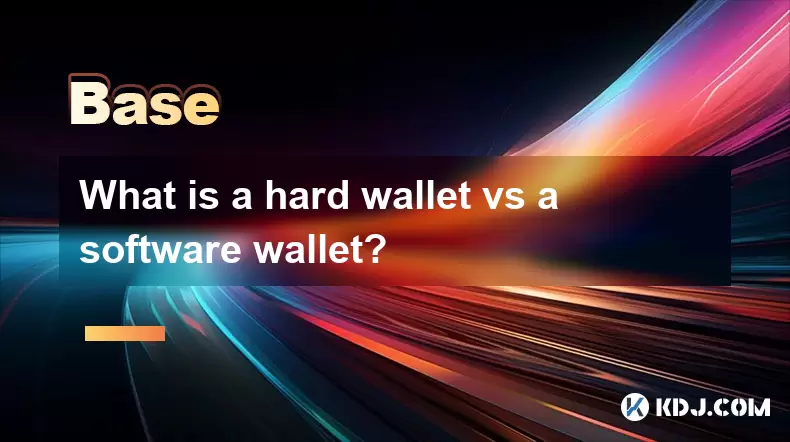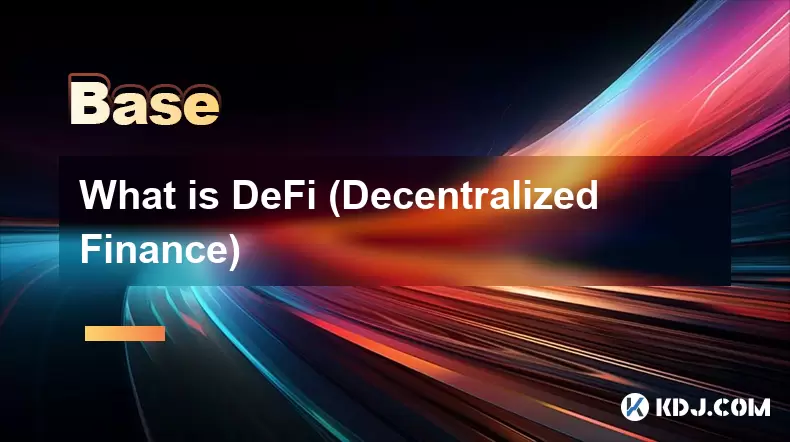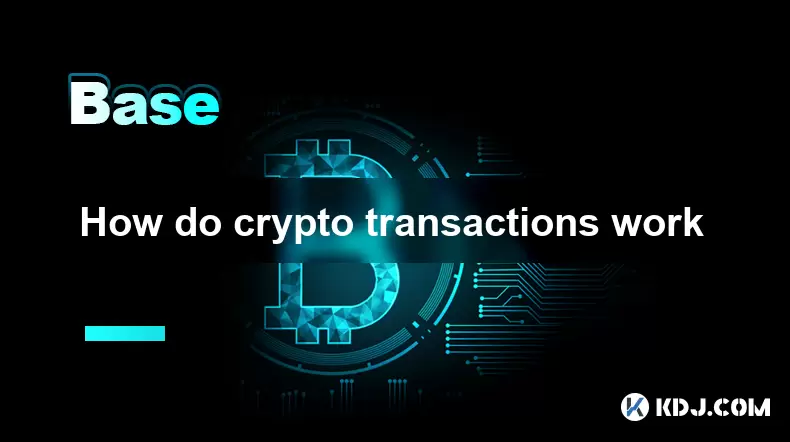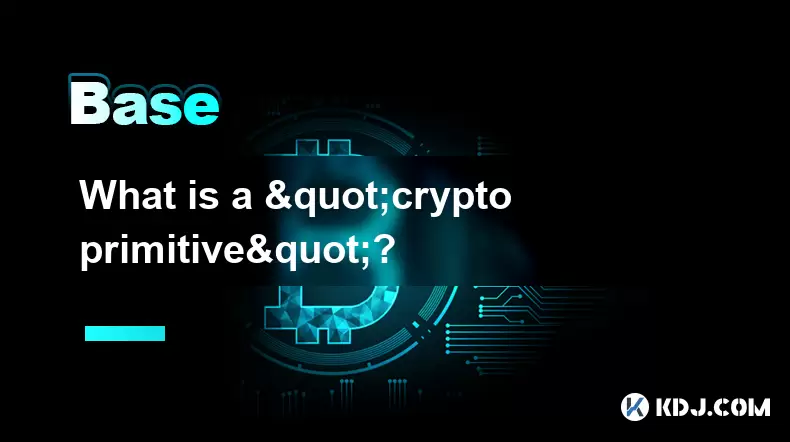-
 Bitcoin
Bitcoin $111,259.5910
2.32% -
 Ethereum
Ethereum $2,789.1977
6.17% -
 Tether USDt
Tether USDt $1.0006
0.06% -
 XRP
XRP $2.4172
3.88% -
 BNB
BNB $671.6585
1.21% -
 Solana
Solana $157.1336
2.90% -
 USDC
USDC $1.0001
0.02% -
 TRON
TRON $0.2913
1.52% -
 Dogecoin
Dogecoin $0.1809
5.04% -
 Cardano
Cardano $0.6213
4.40% -
 Hyperliquid
Hyperliquid $41.7572
6.29% -
 Sui
Sui $3.1623
8.35% -
 Bitcoin Cash
Bitcoin Cash $513.7819
1.17% -
 Chainlink
Chainlink $14.2966
1.64% -
 Stellar
Stellar $0.2904
9.82% -
 UNUS SED LEO
UNUS SED LEO $8.9624
-0.86% -
 Avalanche
Avalanche $19.4161
5.41% -
 Hedera
Hedera $0.1754
8.17% -
 Shiba Inu
Shiba Inu $0.0...01243
4.58% -
 Toncoin
Toncoin $2.8743
2.25% -
 Litecoin
Litecoin $90.6242
3.12% -
 Monero
Monero $328.7483
3.34% -
 Polkadot
Polkadot $3.6433
5.06% -
 Dai
Dai $1.0002
0.02% -
 Ethena USDe
Ethena USDe $1.0011
0.06% -
 Uniswap
Uniswap $8.3418
8.66% -
 Bitget Token
Bitget Token $4.4331
2.68% -
 Pepe
Pepe $0.0...01102
8.17% -
 Aave
Aave $297.1705
-0.69% -
 Pi
Pi $0.4712
1.31%
What is a hard wallet vs a software wallet?
Cryptocurrency wallets, like hard and software wallets, securely store private keys, with hard wallets offering offline security and software wallets providing online convenience.
Jul 10, 2025 at 01:43 pm

Understanding the Basics of Cryptocurrency Wallets
Cryptocurrency wallets are essential tools for managing digital assets. They come in various forms, but the most commonly discussed types are hard wallets and software wallets. Each offers distinct features that cater to different user needs. Understanding the differences between these two wallet types is crucial for ensuring both security and usability when handling cryptocurrencies.
A cryptocurrency wallet does not actually store coins; instead, it stores private keys—unique codes that allow users to access their blockchain addresses and authorize transactions. The way these keys are stored and accessed determines whether a wallet is considered a hard wallet or a software wallet.
What Is a Hard Wallet?
A hard wallet, also known as a hardware wallet, is a physical device designed specifically to store cryptocurrency private keys offline. These devices resemble USB drives and are often used to protect large amounts of cryptocurrency from online threats.
Hard wallets operate by generating and storing private keys within a secure offline environment. When a transaction is initiated, the device signs it internally without exposing the private key to the internet-connected device being used. This process ensures that even if the computer or smartphone used is compromised, the private keys remain safe.
Popular examples of hard wallets include Ledger Nano S, Ledger Nano X, and Trezor Model T. These devices support multiple cryptocurrencies and often feature screens for confirming transactions directly on the device.
What Is a Software Wallet?
A software wallet is an application installed on a computer or mobile device that manages cryptocurrency keys and facilitates transactions. Unlike hard wallets, software wallets are always connected to the internet when in use, which makes them more convenient but potentially less secure.
Software wallets can be further categorized into desktop wallets, mobile wallets, and online wallets. Desktop wallets are installed on personal computers and only accessible from the device they're installed on. Mobile wallets are apps downloaded onto smartphones, offering portability and ease of use for daily transactions. Online wallets, often referred to as web wallets, are hosted on remote servers and accessible via browsers.
Examples of popular software wallets include Electrum, Exodus, and Trust Wallet. These wallets typically provide user-friendly interfaces, support for multiple cryptocurrencies, and integration with decentralized applications (dApps).
Security Differences Between Hard and Software Wallets
The primary distinction between hard wallets and software wallets lies in security. Since hard wallets store private keys offline, they are immune to most online hacking attempts. Malware, phishing attacks, and unauthorized remote access cannot compromise a hardware wallet unless the physical device itself is stolen or tampered with.
In contrast, software wallets are vulnerable to cyber threats because they interact with the internet. If the device hosting a software wallet is infected with malware, there's a risk that private keys could be exposed. Additionally, online wallets may be targeted by hackers if the service provider experiences a data breach.
To mitigate risks, software wallet users should employ strong passwords, enable two-factor authentication (2FA), and regularly update their software. However, for long-term storage of significant crypto holdings, a hard wallet remains the preferred option.
User Experience and Accessibility Considerations
When evaluating convenience and accessibility, software wallets clearly offer greater flexibility. They allow instant access to funds, support quick transactions, and integrate easily with exchanges and dApps. Mobile wallets, in particular, are ideal for everyday spending and small transactions due to their portability.
On the other hand, hard wallets require physical interaction each time a transaction is made. Users must connect the device to a computer or mobile phone, enter a PIN, and confirm transactions manually. While this enhances security, it also introduces additional steps that may deter casual or frequent traders.
Another factor to consider is recovery and backup. Both wallet types usually provide seed phrases—a series of words used to restore access if the wallet is lost or damaged. However, software wallets may store these phrases locally or in cloud backups, introducing potential vulnerabilities if not handled carefully.
Cost and Compatibility Factors
Hard wallets typically come with a purchase cost ranging from $50 to $150, depending on the brand and model. In contrast, software wallets are generally free to download and use, making them more accessible to beginners or those with smaller crypto portfolios.
Compatibility is another consideration. Most modern hard wallets support a wide range of cryptocurrencies and can be used across different operating systems. Software wallets also offer broad compatibility, but some may have limitations based on the platform or device being used.
Users should verify which cryptocurrencies are supported before choosing a wallet. For example, certain tokens may only be compatible with specific wallet providers, requiring careful selection to ensure seamless integration.
Frequently Asked Questions
Q: Can I use both a hard wallet and a software wallet together?
Yes, many users maintain both types of wallets for different purposes. A hard wallet can securely store long-term investments while a software wallet handles daily transactions and interactions with decentralized finance (DeFi) platforms.
Q: Are all software wallets equally risky?
No, the level of risk varies depending on the type of software wallet. Desktop and mobile wallets are generally safer than online wallets since they aren't hosted on third-party servers. Choosing reputable providers and maintaining good cybersecurity practices can reduce exposure to threats.
Q: What happens if I lose my hard wallet?
If you lose your hard wallet but still have the recovery seed phrase, you can restore your funds on another compatible wallet. It’s crucial to store the seed phrase securely and separately from the device itself.
Q: Do hard wallets need updates like software wallets?
Yes, hard wallets require firmware updates to fix bugs, enhance security, and add support for new cryptocurrencies. These updates are typically performed through the manufacturer's official software and should be done regularly.
Disclaimer:info@kdj.com
The information provided is not trading advice. kdj.com does not assume any responsibility for any investments made based on the information provided in this article. Cryptocurrencies are highly volatile and it is highly recommended that you invest with caution after thorough research!
If you believe that the content used on this website infringes your copyright, please contact us immediately (info@kdj.com) and we will delete it promptly.
- Sci-Hub, Crypto Coin, and Open Science: A New Frontier or Fool's Gold?
- 2025-07-10 18:30:12
- Bitcoin, Treasury, Holdings: The Corporate Gold Rush Continues
- 2025-07-10 18:30:12
- Bitcoin ETFs, Inflows, and Traditional Funds: A New Era?
- 2025-07-10 19:10:12
- PumpFun's $600M Token Sale: Will PUMP Fuel the Meme Coin Frenzy?
- 2025-07-10 19:10:12
- Fartcoin's Wild Ride: Breakout Dreams and $3 Target…or Just a Passing Wind?
- 2025-07-10 19:15:12
- Bitget Wallet, Pumpfun, and Meme Coins: Catching the Wave
- 2025-07-10 19:15:12
Related knowledge

What is Web3
Jul 10,2025 at 07:00pm
What is Web3?Web3, also known as Web 3.0, represents the next evolutionary phase of the internet. Unlike its predecessors—Web1 (the read-only web) and...

What is DeFi (Decentralized Finance)
Jul 10,2025 at 06:00pm
Understanding DeFi: A New Financial ParadigmDeFi, short for Decentralized Finance, represents a movement in the blockchain and cryptocurrency space ai...

How do crypto transactions work
Jul 10,2025 at 05:42pm
Understanding the Basics of Crypto TransactionsCrypto transactions are digital exchanges of value that occur on a blockchain network. These transactio...

What is a user-generated content (UGC) NFT platform?
Jul 04,2025 at 01:49pm
Understanding the Concept of a UGC NFT PlatformA user-generated content (UGC) NFT platform is a digital marketplace or ecosystem where users can creat...

What is composability in DeFi?
Jul 06,2025 at 04:07pm
Understanding the Concept of Composability in DeFiComposability in DeFi refers to the ability of decentralized finance protocols and smart contracts t...

What is a "crypto primitive"?
Jul 05,2025 at 10:14pm
Defining the Concept of a Crypto PrimitiveIn the context of blockchain and cryptocurrency, a crypto primitive refers to a fundamental building block o...

What is Web3
Jul 10,2025 at 07:00pm
What is Web3?Web3, also known as Web 3.0, represents the next evolutionary phase of the internet. Unlike its predecessors—Web1 (the read-only web) and...

What is DeFi (Decentralized Finance)
Jul 10,2025 at 06:00pm
Understanding DeFi: A New Financial ParadigmDeFi, short for Decentralized Finance, represents a movement in the blockchain and cryptocurrency space ai...

How do crypto transactions work
Jul 10,2025 at 05:42pm
Understanding the Basics of Crypto TransactionsCrypto transactions are digital exchanges of value that occur on a blockchain network. These transactio...

What is a user-generated content (UGC) NFT platform?
Jul 04,2025 at 01:49pm
Understanding the Concept of a UGC NFT PlatformA user-generated content (UGC) NFT platform is a digital marketplace or ecosystem where users can creat...

What is composability in DeFi?
Jul 06,2025 at 04:07pm
Understanding the Concept of Composability in DeFiComposability in DeFi refers to the ability of decentralized finance protocols and smart contracts t...

What is a "crypto primitive"?
Jul 05,2025 at 10:14pm
Defining the Concept of a Crypto PrimitiveIn the context of blockchain and cryptocurrency, a crypto primitive refers to a fundamental building block o...
See all articles

























































































